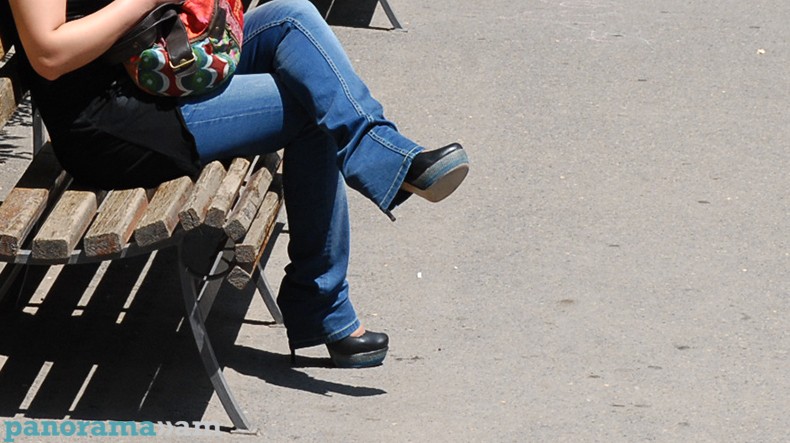
US Department of State calls on the government of Armenia to improve efforts to identify victims of forced labor
The US Department of State has released the 2016 Trafficking in Persons Report assessing the situation with regard to practices of trafficking globally.
In the section devoted to Armenia, the authors state the country is a source and, to a lesser extent, destination country for men, women, and children subjected to sex and labor trafficking.
“Armenian women and children are subjected to sex and labor trafficking within the country as well as sex trafficking in United Arab Emirates (UAE) and Turkey. Chinese women have been subjected to sex trafficking in Armenia. Armenian men are subjected to forced labor in Russia and, to a lesser extent, in Turkey,” reads the report, which also suggests that Armenian women and children are vulnerable to forced begging domestically.
According to the data, in Armenia some children work in agriculture, construction, and service provision within the country, where they are vulnerable to labor trafficking. Men in rural areas with little education and children staying in child care institutions remain highly vulnerable to trafficking.
The report acknowledges that the government of Armenia fully meets the minimum standards for the elimination of trafficking. A law entered into force in June 2015 establishing standard procedures for the identification, support, protection, and reintegration of suspected and identified trafficking victims across national and local government bodies, NGOs, international organizations, and civil society. Furthermore, the government maintained strong collaboration with anti-trafficking NGOs, local media, donor organizations, and regional partners. The government had dedicated resources for victim services and provided funding to one NGO-run shelter for trafficking victims.
Among recommendations outlined by the reports are suggestion to the government “to improve efforts to identify victims of forced labor, including by strengthening victim identification training for officials, ensuring labor inspectors are able to conduct regular inspections.
The State Department next suggests adopting a new national action plan for 2016-2018; license, regulate, and educate local employment agencies and agents so they can help prevent the forced labor of Armenians abroad; provide sensitivity training to judges and lawyers to improve treatment of victims; work with Russian authorities to identify Armenian forced labor victims and prosecute labor traffickers; work with NGOs to find ways to identify and assist Armenian victims in Turkey and reintegrate victims; continue awareness-raising campaigns to rural and border communities and to children leaving child care institutions; and continue robust partnerships with civil society group.
Newsfeed
Videos






























